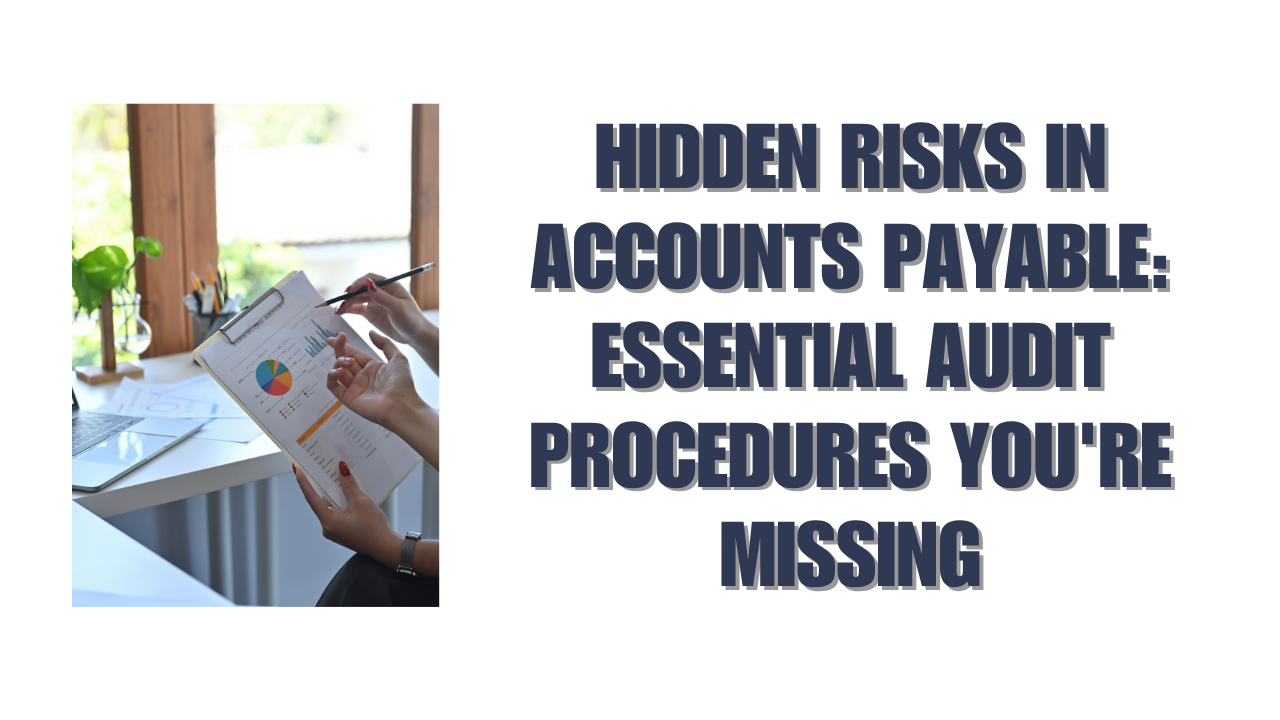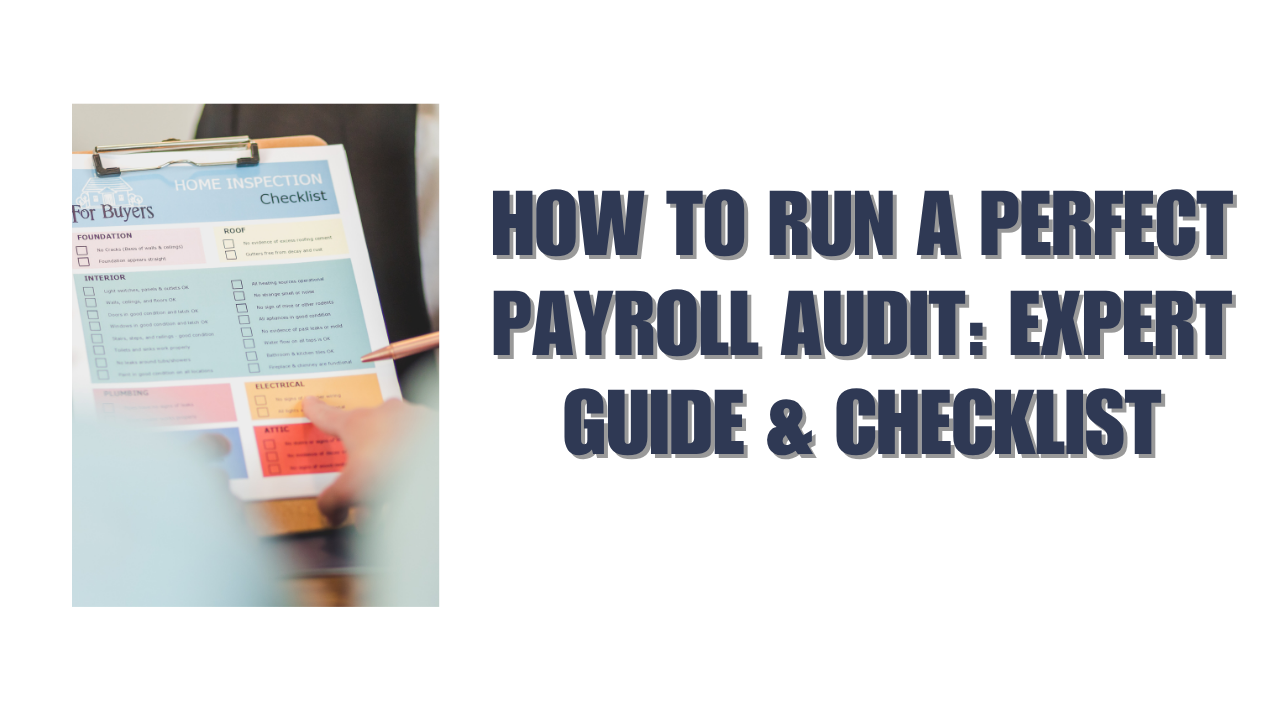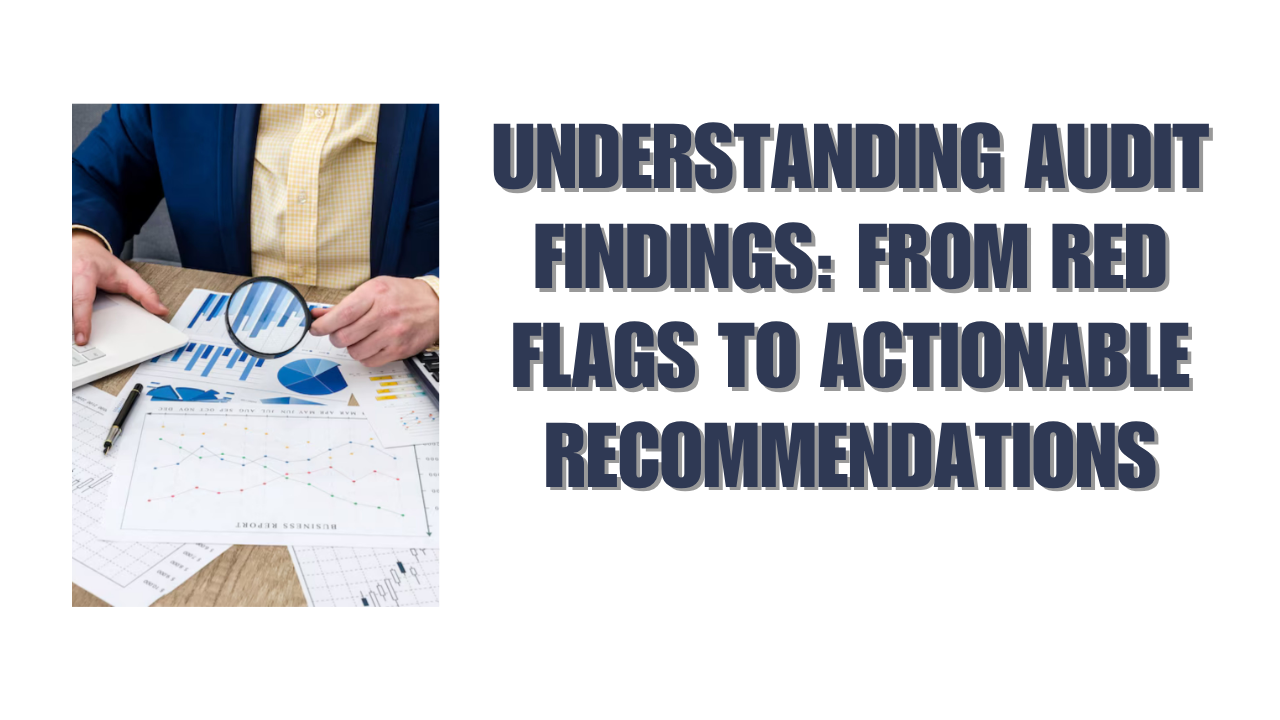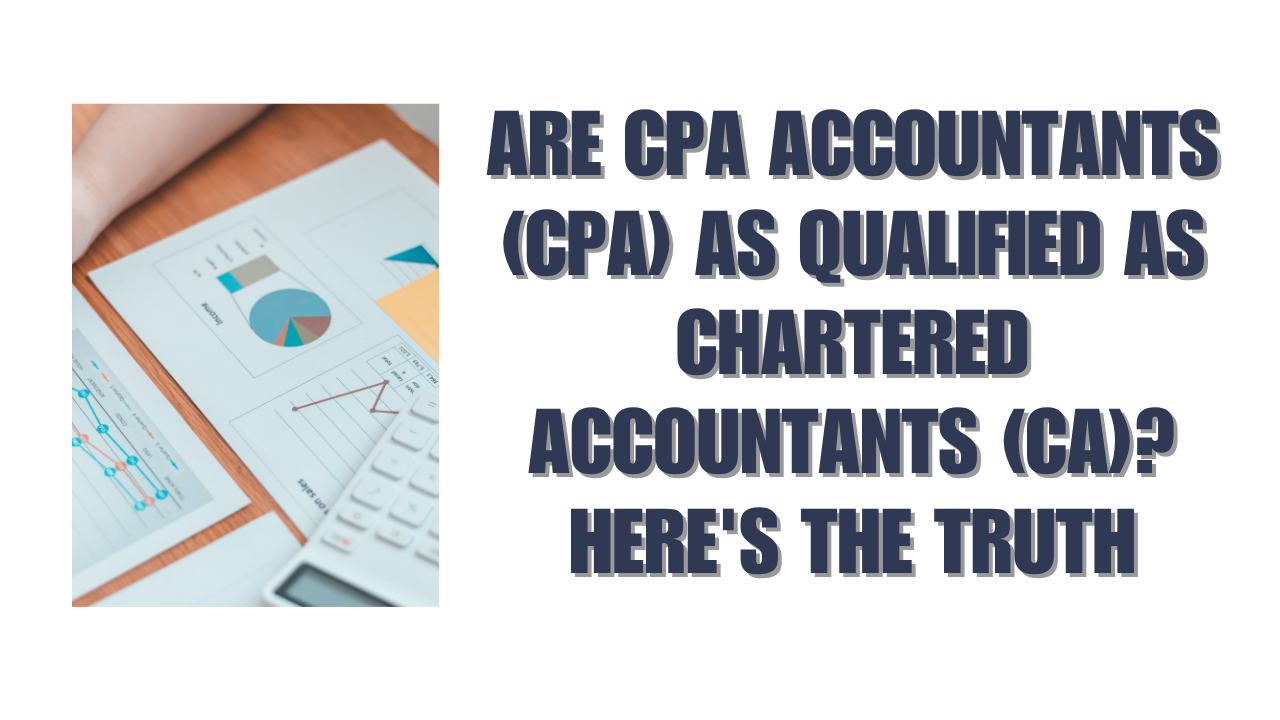Did you know that hiring an interim CFO in NZ could cost anywhere from $800 to $1,600 per day?
Your business might need temporary financial leadership right now. Maybe you’re growing fast, getting ready to be acquired, or need better financial controls. A skilled executive can jump in for a few months or even a year. They bring expertise without asking you to commit long-term.
An interim CFO makes perfect sense for both startups and companies that are years old. They get up to speed quickly and don’t need benefits or share options. Plus, they bring specialized knowledge at the time you need it most. The real challenge lies in finding someone who fits your company’s needs.
This piece lays out the steps to bring aboard an interim CFO who can take your business to new heights. Let’s explore why this role is a vital part of your company’s success.
What is an Interim CFO
A seasoned financial executive who steps into leadership temporarily, an interim CFO works on specific projects or during transitional periods. These professionals participate with companies for periods ranging from three months to two years. Most assignments last six to eight months.
Key responsibilities
Financial leadership goes beyond simple accounting functions. Interim CFOs concentrate on:
- Strategic financial planning and execution
- Crisis management and cash flow stabilization
- Risk assessment and mitigation
- Regulatory compliance oversight
- Stakeholder communication and relationship management
These executives deliver immediate expertise when identifying gaps, developing strategies, and managing investor relations. They collaborate with C-level executives, marketing departments, and sales teams to review financial implications of business decisions.
Types of interim CFO arrangements
Organizational needs determine the engagement structure. Full-time interim CFOs dedicate themselves completely to one company during the contract period. They work on-site to maintain close collaboration with the executive team.
Interim CFO arrangements take different forms. Some professionals focus on specific projects like IPO preparation or merger management. Others bridge leadership gaps between permanent CFO appointments. Company size, industry requirements, and specific financial challenges shape the arrangement type.
These professionals bring fresh views and rich experience from industries of all types. Knowing how to quickly assess situations and implement solutions makes them valuable assets during critical business phases.
When Your Business Needs an Interim CFO
The right time to bring in an interim CFO depends on your business situation and needs careful thought.
Signs it’s time to hire
Your business might benefit from interim financial leadership when:
- Financial reports are late or unreliable
- Relationships with external stakeholders need work
- Systems and processes need major updates
- Financial restructuring becomes vital
- Financial operations show leadership gaps
Common business scenarios
We noticed businesses look for interim CFOs during major transitions. A permanent CFO’s sudden exit creates an urgent need for seasoned financial leadership. Companies in rapid growth phases need expert guidance to handle complex finances and optimize cash flow.
Interim CFO expertise proves valuable during mergers and acquisitions. These professionals handle due diligence and financial integration smoothly. Businesses that plan an IPO or major funding rounds just need specialized financial oversight.
Expected outcomes
An interim CFO brings substantial benefits to business operations of all sizes. These executives deliver quick results and make positive changes during critical times. They go beyond maintaining operations and bring strategic thinking that fits broader business goals.
Finding a permanent CFO can take several months. Interim CFOs keep financial operations running smoothly and build resilient systems with better internal controls during this time. Their outside viewpoint often spots operational problems and gives unbiased insights that internal teams might miss.
Most interim CFO assignments run for three to six months. Some projects might last up to a year based on complexity and organizational needs. This flexibility lets businesses get top-tier financial expertise without long-term commitments while keeping their strategy on track.
Steps to Find the Right Interim CFO
A structured approach helps you find the right financial leadership. Here’s how to get the perfect interim CFO for your NZ business.
Define your requirements
Your business needs and deliverables should shape the interim position. The right interim CFO needs an MBA in finance and 5-10 years at the executive level. Experience with ‘Big 4’ accounting firms (Deloitte, KPMG, PwC, EY) shows high-quality training standards.
Key qualifications include:
- CPA certification with proven financial leadership
- Experience setting up accounting systems and procedures
- Deep understanding of current financial regulations
- Strong interpersonal and communication skills
Where to look
You’ll find qualified candidates through several channels. Specialist CFO recruiters have strong networks of referenced interim executives. Financial recruitment agencies and executive search firms maintain databases of qualified professionals. LinkedIn can help you find candidates too, though it might limit your search scope.
Screening candidates
The screening process usually takes 90 days from first contact until the start date. Start with pre-screening interviews to get a clear picture of technical skills and industry experience. Look for candidates who show expertise in your industry and company size.
Watch how candidates build credibility and connect with peer-level executives during screening. Ask them about their past interim work and results. Make sure to run background checks and call 2-3 references before making your final choice.
Setting Up a Successful Partnership
Clear expectations are the foundations of a successful interim CFO partnership.
Contract essentials
A complete agreement protects both parties and is a vital reference point. The contract must outline consultative roles, responsibilities, and specific deliverables. The agreement should detail resource requirements, access permissions, and project timelines that ensure smooth operations.
Interim CFO salary considerations
NZ compensation changes with business size and project complexity. Startup CFO roles command daily rates between NZD 1,364 – NZD 2,046. Businesses with turnover between NZD 170M – NZD 511M pay daily rates from NZD 1,705 – NZD 2,728. Larger organizations with turnover above NZD 511M pay daily rates of NZD 2,387 – NZD 3,411. SMEs typically pay part-time arrangements between NZD 170 – NZD 255 per hour.
First 30 days plan
The original month shapes long-term strategy. Successful interim CFOs focus on several key areas. They build strong relationships with the finance team and stakeholders. They review financial systems and existing processes thoroughly. The board needs regular communication channels. They create applicable plans based on their assessments and develop metrics that measure success.
We focused on understanding the business culture and lining up with the CEO’s vision. Notwithstanding that, unlike permanent positions, there’s no settling-in phase – preparation and quick action matter most. Regular check-ins help manage expectations and ensure goals line up throughout the engagement.
Conclusion
Hiring an interim CFO is a strategic decision that can substantially affect your business growth and financial stability. These seasoned professionals offer immediate expertise and help companies guide through critical transitions while you retain control of operations.
Your success relies on being organized – you need to identify specific needs and set clear expectations with measurable outcomes. Take your time to assess candidates and make sure they fit your technical requirements and company culture.
Interim CFOs in New Zealand charge daily rates between NZD 800 to NZD 3,400, which varies based on company size and project complexity. The right interim CFO justifies this investment through better financial systems, strategic guidance, and risk management.
Note that interim CFOs must deliver results quickly. You’ll get the most value from your investment when you establish clear communication channels, define objectives, and conduct regular performance reviews. This helps both parties line up their expectations and steers your company toward its financial goals.
FAQs
Q1. What is an interim CFO and when might a business need one?
An interim CFO is a seasoned financial executive who provides temporary leadership, typically for periods ranging from three months to two years. Businesses might need an interim CFO during rapid growth phases, when preparing for acquisitions or IPOs, or when experiencing sudden departures in financial leadership.
Q2. How much does it typically cost to hire an interim CFO in New Zealand?
The cost of hiring an interim CFO in New Zealand varies based on business size and project complexity. Daily rates can range from NZD 800 to NZD 3,400, with establishment CFO roles for startups commanding between NZD 1,364 to NZD 2,046 per day.
Q3. What qualifications should I look for when hiring an interim CFO?
When hiring an interim CFO, look for candidates with an MBA in finance, 5-10 years of executive-level experience, and CPA certification. Experience with ‘Big 4’ accounting firms, strong interpersonal skills, and expertise in your specific industry are also valuable qualifications.
Q4. How long does the process of hiring an interim CFO usually take?
The evaluation process for hiring an interim CFO typically spans about 90 days from initial contact to the first day of work. This includes pre-screening interviews, assessing technical competencies, conducting background checks, and finalizing the selection.
Q5. What should an interim CFO focus on in their first 30 days?
In their first 30 days, an interim CFO should prioritize building relationships with the finance team and key stakeholders, reviewing financial systems, establishing communication channels with the board, creating actionable plans based on initial assessments, and developing metrics for measuring success.





